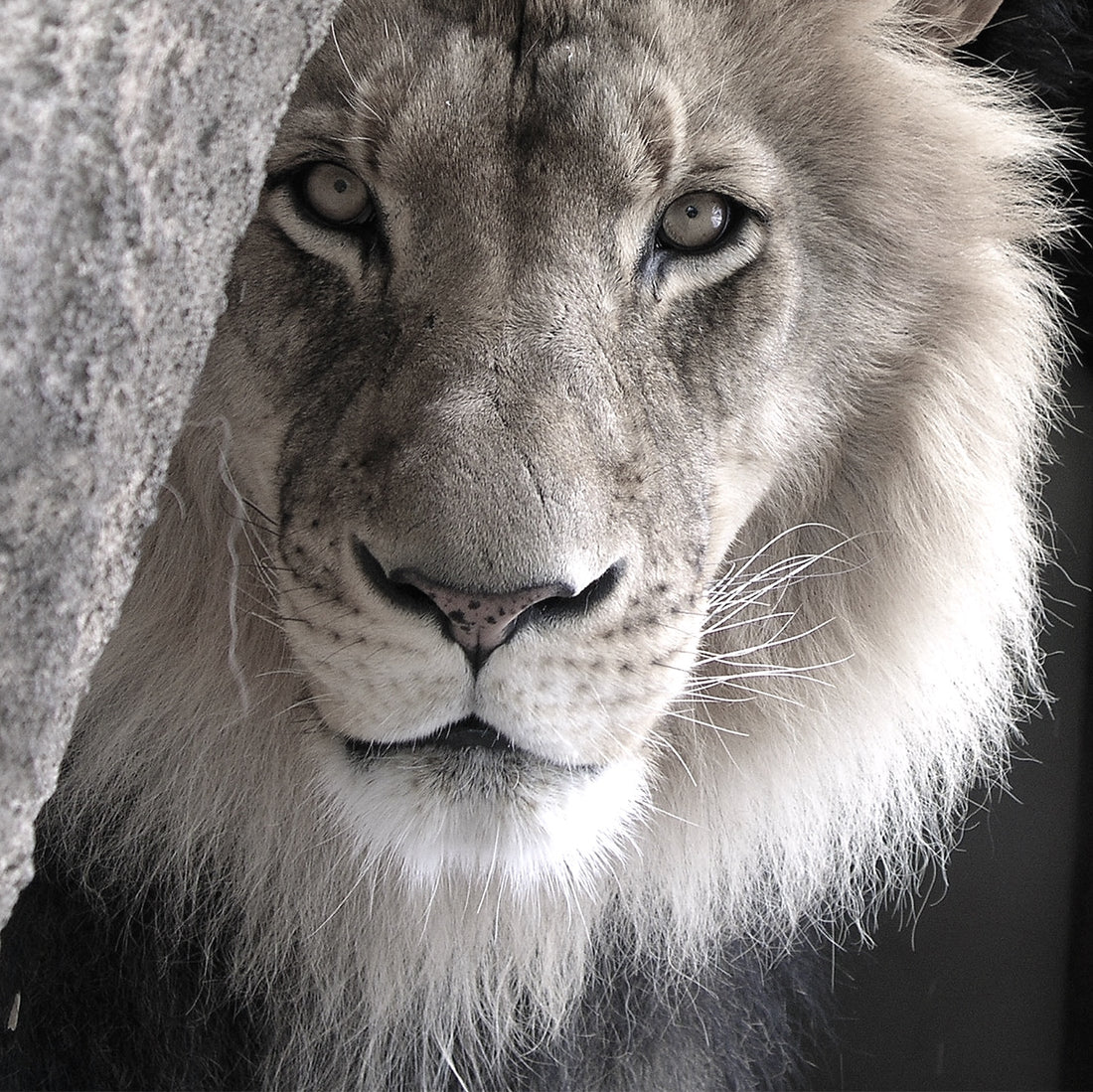The great Martin Luther King Jr. rightly said “Our lives begin to end the day we become silent about things that matter"
Straddling the equator, Africa is blessed with a diverse and one of a kind wildlife which not only enhances the continents beauty, but also attracts thousands of tourists yearly. Africa is a place that gets into your blood - a place that travellers want to visit time and time again -including myself. If you are thinking about jetting off to Africa then check out my travel journal highlighting one of my all-time favourite tours The Mobile Camping Safari In Botswana.
The Savannas have cradled the earliest humans, the large predators, most unique herbivores as well as some of the most endangered species. However, sadly today, the scenario has changed. The wildlife Africa has been bestowed upon with, is being abused. Instead of protecting the animals, people are now abusing them in the most barbaric, yet surprisingly legal manner for both money and to feed the ego. Lions, elephants, rhinoceros + hyenas are just a few of the species being targeted.
Lions are the pride of South Africa and instead of protecting them, people have commercialized the lions to gain profits. Lion petting, lion walking, volunteer recruitments, canned hunting, lion bone trading, etc. are some of the shams that are being practiced under the pretext of animal conservation and research.
The most shocking and unnerving fact is that this multi-million dollar industry, which practices inbreeding of lions in captivity and forces them to spend their young years pacing back and fro in tiny enclosures, is a totally legal business. What is more shocking is that most tourists are totally unaware of the realities of modern day African and the hunting industry. Every year tens of thousands of tourists unknowingly help flourish this industry. Tourists are sold the lie that the money generated by lion walks and cub petting go towards the conservation and well-being of these animals.
Here are a few of the more wide-spread hokum activities geared towards innocent tourists which enable this harsh and unethical industry to exist and even flourish.
Breeding & Canned Hunting
What is canned hunting? Canned hunting is basically a much easier and cheaper version of trophy hunting. Basically the lions are bred and kept in a cage - once they reach maturity they are then released into a restricted area, which increases the probability of hunting down an animal. Captive hunting has become an option opted by hunters who do not want to spend days or weeks in the African wilderness chasing an animal with no guarantee of being able to kill them.
The African Sanctuaries provide hunters with a different price rate card to kill a male or a female lion and gives hunters an option to pre-select the lion that they wish to kill; and then assist them in hunting down that lion within 3 days or so. After a successful kill, there is usually an evening of beer, high fives + egotistical boasts to follow. Hunters then take the lions to their home countries as trophies–mounted heads or skins for their collections.
Given that in Africa the wild lion population is declining rapidly [approx 20 000 wild lions left] it is hard to believe that as many as 10 000 of the continent’s iconic lions were legally hunted and exported as trophies in the ten years ending in 2013. The vast majority of these lions were bred in captivity for the purpose of hunting.
The tally for hunted lions is likely even higher than 10 000, says Dereck Joubert, wildlife filmmaker and National Geographic explorer-in-residence, because not all hunters take trophies. Some hunt just for the sport.
The ‘Con’ Behind The Conservation
There are nearly 200 breeding facilities [majority masking as a conservation park] in South Africa alone with about 6,000-8,000 wildlife predators in captivity, amongst which a vast bulk of animals are lions. Every year, over 800 bred-for-the-bullet lions are killed by trophy hunters.
When confronted and accused, they claim that the captive hunting helps to take the pressure off the wild lions. However no study has ever supported this claim. In fact, in-breeding is leading to an enormous increase of lions which is predicted to reach a peak of 15,000 or more in captivity by the year 2020. As an educated tourist, it is important to understand that breeding lions or any other animal in captivity or restrained areas can have no conservation value of any kind, unless the act is carried out under the supervision of an authentic team of scientists and conservationists.
Volunteerism & Protection
The volunteer tourist scam is one of the most lucrative income-making strategies. Tourists are made to believe that they are helping to increase the number of these endangered species and help in their conservation. However, only a couple of these farms and breeding facilities are authentic and genuine in nature and do not use the animals for trading or breeding purposes; but in fact help the rescued animals. Most of these facilities breed animals only for the sake of commercial purposes and make billions of money from the volunteering programme alone. They don’t even have an appointed ecologist, scientist or any other conservation agencies working in affiliation with them. Moreover, Africa has never witnessed a successful reintroduction event of a captive bred lion into the wild, since most of them have lost or never developed the predator-like instincts that are needed to survive in the wild.
The Brutal Exploitation
To start with, South Africa was never in a need to breed lions to increase the wild population. Even if there was such a need, breeding in captivity and genetically manipulating the lions causes harm to them and makes them unable to survive in the natural habitat using their instincts. Moreover this is never an ethical way of doing it. The cubs that the volunteers rear and pet are ruthlessly separated from their parents and exploited in captivity for economic gains. And sadly, they will ultimately be shot down by trophy hunters.
Trading Of Animal Goods
Traditional Chinese medicine makes use of tiger bones for manufacturing drugs. Recently, they have also started using lion bones as a substitution to tiger bones. This has increased the demand of lion bones in the market, which ultimately leads to an increase in the breeding and killing of these beasts for their bones. The numbers have increased from a total of 287 lions killed in 2010 to nearly 1000 lions killed and exported in the present day scenario.
The worst part is that the legal trade of animal parts gives a boom to this illegal market that entirely relies on animal death. And all this for an industry of medicines that have no reported medicinal values proved till date. Hence we are basically letting these animals get killed for no reason.
Moreover, animals are also traded to private zoos in different countries and kept in a spiteful condition for their entire lives under the pretext of scientific or research purposes.
Become A Well Researched Tourist
If you happen to visit beautiful Africa or any other country and come across such breeding farms or sanctuaries, use your right to gain information and ask the authorities the following questions which can help you decide how genuine the facility is:
• Do they offer any animal interactive activities?
• Do they provide and guarantee life-long care for the animals?
• Do they have any animal products to sell?
• What is the past and the future of the animals in their facility?
• Which ecologist, scientist or conservation organization is affiliated with them?
• How many animals have they released into the wild? If any, where and when?
The harsh reality is that breeding farms and petting facilities do not fulfil any educational or conservational purpose. On the contrary, they endorse and encourage the act of breeding in captivity.
Movie To Awaken The Masses
The documentary Blood Lions intends to do what a small group can do to awaken the public conscience. It is a documentary that covers the unethically lucrative business of breeding lions for bullets and how it is nothing but an atrocious scheme to make money from tourists to kill the animals. What is more astonishing is the fact that the authorities and tourism bodies play a complicit role to flourish this industry.
The story reveals the reality behind the hogwash prerogatives made by the owners and the authorities of these farms. In 2014 itself, about 800 captive lions had been shot in South Africa. Most of them are shot by affluent international hunters in a spirit that is nowhere close to sporty.
Blood Lions is an attempt to provoke the public to take action and the affiliated sites explain how we can help and support this worldwide movement to end the breeding of lions and all other animals bred for the bullet and other selfish economic gains. Visit bloodlions.org to learn more about the campaign or watch the documentary.
Current Status
- To our advantage, hunting organizations have started condemning the act of canned hunting.
- The biggest achievement is that PHASA (Professional Hunters’ Association of South Africa) has announced its disassociation with the captive-bred lion industry until the PHASA and the IUCN are convinced that there is a conservational value behind the whole industry.
- Some of the biggest airlines around the world place restrictions on trophies. To name a few, Lufthansa Airlines and Emirates have stepped in to join the movement to eradicate illegitimate trade and transportation of animal parts, including hunting trophies and protect the wildlife legacy.
- Many countries are stepping in to help the wildlife gain justice and protection against this brutal industry. The widespread awareness and campaigning is showing some positive progress. Australia, Botswana + France have recently banned the import of hunting trophies completely.
Animal cruelty is one the most unfortunate and barbaric demonstrations of human beings manipulating ill-conceived notions of power over other species. Ban hunting. Close down the canned hunting farms and safari companies. The World expects every country to take pride in their natural wealth and help to conserve it. Africa has to learn to value and respect its Wildlife and give people a chance to experience the beauty of Africa in its true sense, where no animal is killed. We have seen enough horrifying incidents and NOW IT MUST STOP.
Want to help? Visit the Blood Lions website. And if you travel to an African country, don’t visit any facility that offers cub petting, walking with lions or other exploitative activity involving wild animals. Wild animals should be exactly that – wild.
Extra Resources
- Join the movement. Take action and help stop canned hunting. Click here
- Watch the Documentary. Download Here
- Read + learn more about this issue Here
- A great read on Why People Choose To Go Lion Hunting


